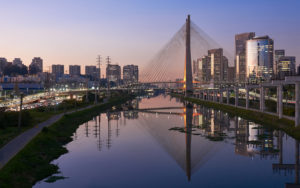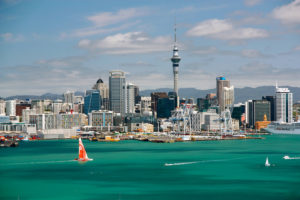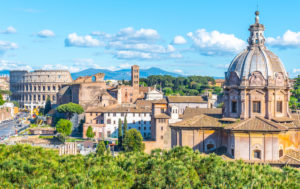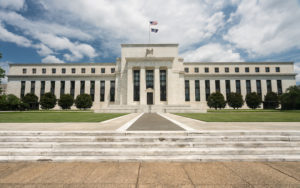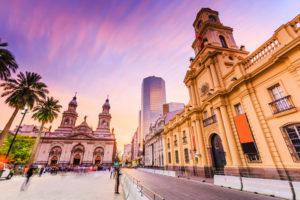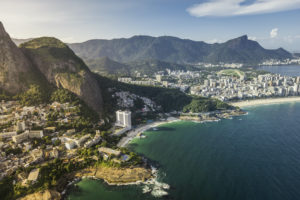Why Brazil’s COVID-19 Response Is Failing
In Brazil, a political crisis rages between federal and state governments as coronavirus cases keep rising.
What Makes an Emergency?
Curbing executive overreach requires a clear definition of “emergency” and limits on powers used to respond to crises.
Singapore’s Regulatory Response to COVID-19
The pandemic appears tailor-made for Singapore’s managerial and interventionist style of governance.
Soft Regulation and Hard Compliance in Taiwan
The secret to Taiwan’s successful fight against COVID-19 is its people, not its government.
Did Japan’s Lenient Lockdown Conquer the Coronavirus?
Despite federal attempts to fight COVID-19, Japanese law prioritizes individual rights and regional autonomy.
Lessons From New Zealand’s COVID-19 Success
The United States might well have saved many lives by following New Zealand’s science-based playbook.
Italy’s Complex Legislative Framework Impairs its COVID-19 Response
Italy’s pandemic policies struggle with the same legislative and regulatory challenges as traditional laws.
It Is Time for the Fed to Stop Bank Shareholder Payouts
The Federal Reserve should order banks to preserve capital by retaining earnings and halting all shareholder payouts.
Vietnam’s Astonishing Success at Curbing COVID-19 Outbreaks
Decades-long efforts in Vietnam to improve local governance have kept recorded coronavirus cases low.
Coordinating Colombia’s Pandemic Response
Colombia lacks procedures for ensuring coordination among different levels of government.
Responding to COVID-19 Without Public Trust
Despite a robust regulatory scheme, Chilean officials struggle to follow experts and respond to COVID-19 effectively.
Brazil’s COVID-19 Response is Caught Between Denialism and Technocratic Hubris
Self-interested and apathetic policies by its executive made Brazil one of the most infected countries in the world.

